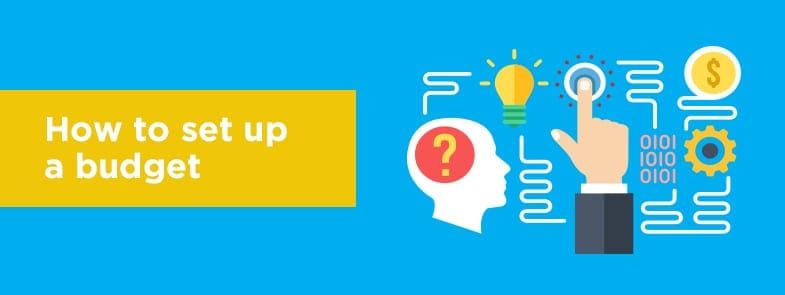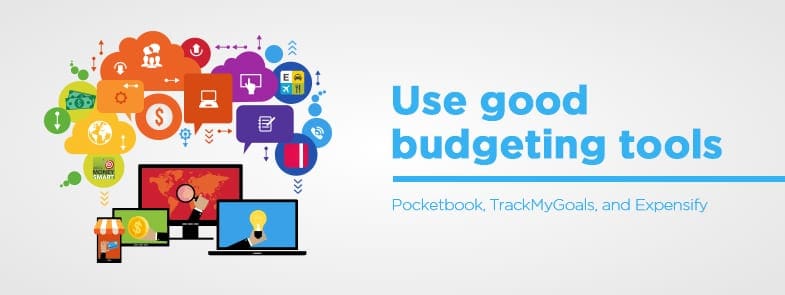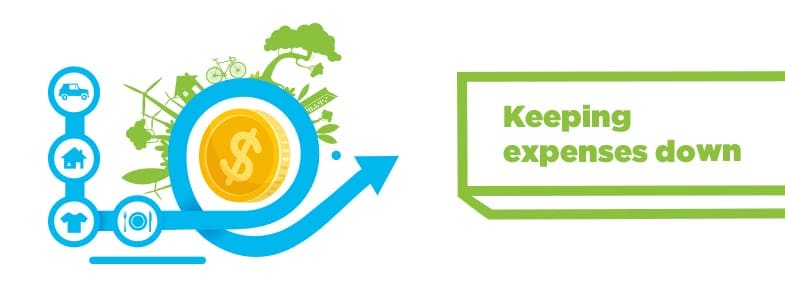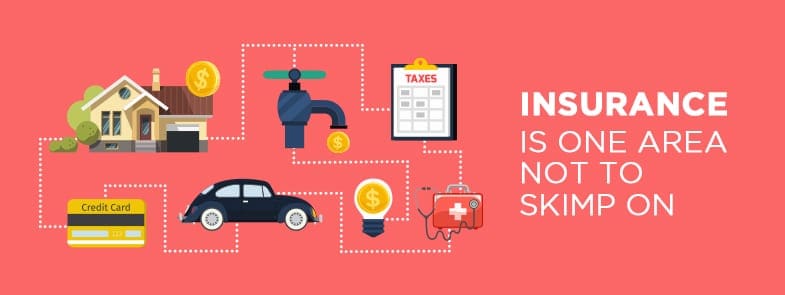So you’ve just bought your first home, congratulations! It’s no secret that the great Australian dream has been cemented (quite literally in this case) in owning a plot of land and setting down a foundation for a long, happy life.
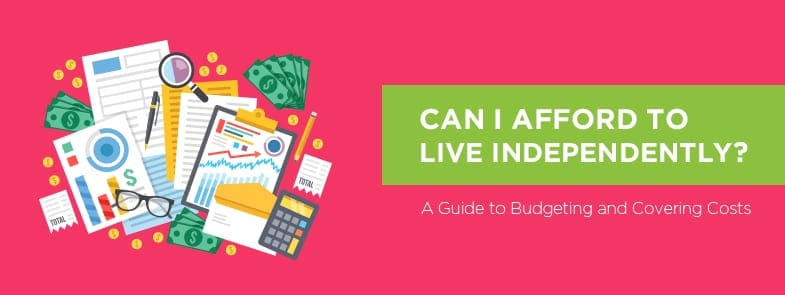
However, buying a home is just the tip of the iceberg. It’s all well and good to purchase a home, but it’s the long-term financial planning that being a homeowner demands that you must learn to master.
The most important metric is whether you can afford to live independently. The first challenge will be the one-off costs associated with moving out. These range from the obvious; removalist fees and furniture; through to the less obvious initial costs, including internet, electricity and gas connection costs and parking permits, depending on where you’re moving to.
Then there are the ongoing costs, including mobile phone, power bills, credit card fees, food, transport, and so on. If you can’t cover these necessities then you’re not going to be able to afford the home owner lifestyle. Generally it’s a good idea to be able to put aside 10 per cent of your income to cover emergencies.
It’s a good idea to set up a budget in order to track your expenses against your income, and see the kind of financial position that you’re really in.
There are some tricks to budgeting that will help make the plan stick:
If you’re earning money, then it’s only natural that you’ll want to spend some of it on having fun. Otherwise you’re just working to live, and there are very few people that can be content with that. So, as part of your budget, put aside some extra money to have fun, once you’ve properly budgeted for expenses.
A common mistake that people get trapped in is budgeting for things that they can’t afford, and putting the expenses off for later down the track. They might use their credit card to pay for essential bills like electricity when they can’t pay in cash that month, for example. The problem with this is that by kicking the can down the road, you’ll still need to pay the bill. It’s just that one of your future paychecks will feel the budget stress. Make sure your budget covers all your costs as they arrive.
A lot of people move out for the first time, get their first power bill in spring or autumn, and don’t realise that summer and winter power bills are always higher thanks to the costs of heating and cooling, respectively. Or their TV breaks down and suddenly they need to buy a new one. Making sure that you’ve got some spare money stashed aside for irregular expenses is important. Again it keeps the credit card away and also means that you won’t need to go without.
There are some really handy budgeting tools you can use on your phone or tablet, such as Pocketbook, TrackMyGoals, and Expensify, which can help you manage your budgets and spending.
If you’ve just moved into your home, then you’re going to want to keep spending to an absolute minimum. The good news is that there are a number of things that you can do to keep costs down, freeing up more of your money for other things.
The costs of car ownership are such that if it’s an expense that you can get out of your life, do so. Not only do cars require petrol they also have annual insurance and registration costs that are substantial enough to ruin the typical budget. Trains and busses can be inconvenient, but if you don’t need to make too many transfers they’re manageable, and the closer they are to your regular destinations the cheaper they’ll be.
You’re not likely to be able to afford all the furniture that you might like to from the outset, so you’re going to need to have a priority list for furniture. Start with the most essential pieces (like a bed, dining table or fridge), according to your own personal priorities. Make good use of second-hand furniture resources, such as Gumtree, in order to get the pieces of furniture you need at a cheaper rate. Of course, there will also be times that you want to invest in quality; having a good fridge or washing machine that won’t break down is worth spending a little extra on.
Make sure you have proper insurance on your income, home contents, health, and car. While these add to your monthly bills, they can also save you from real financial distress, because by their very nature insurance is there to protect against major and unexpected costs. If you get sick, for example, not only do you have to contend with hospital fees, but a lack of income from not being able to work, too. If your home is broken into, you’re going to be up for the costs of replacing everything. For peace of mind, insurance is an important cost in living away from home.
By budgeting right, the experience of those first months of independence, living in your own home, can be the most exciting time in a person’s life. While it can be expensive, it’s also possible to manage money to go far further than you might expect, making independent living on a budget very accessible.
